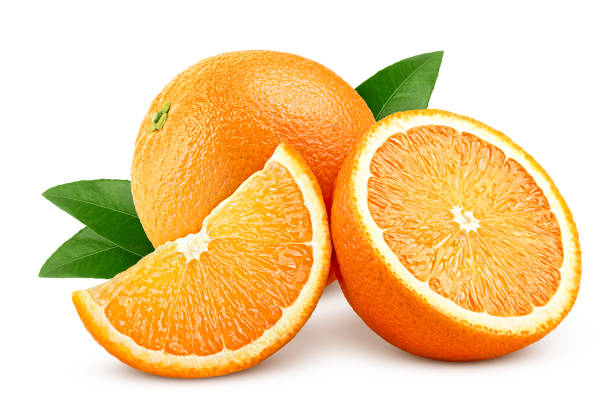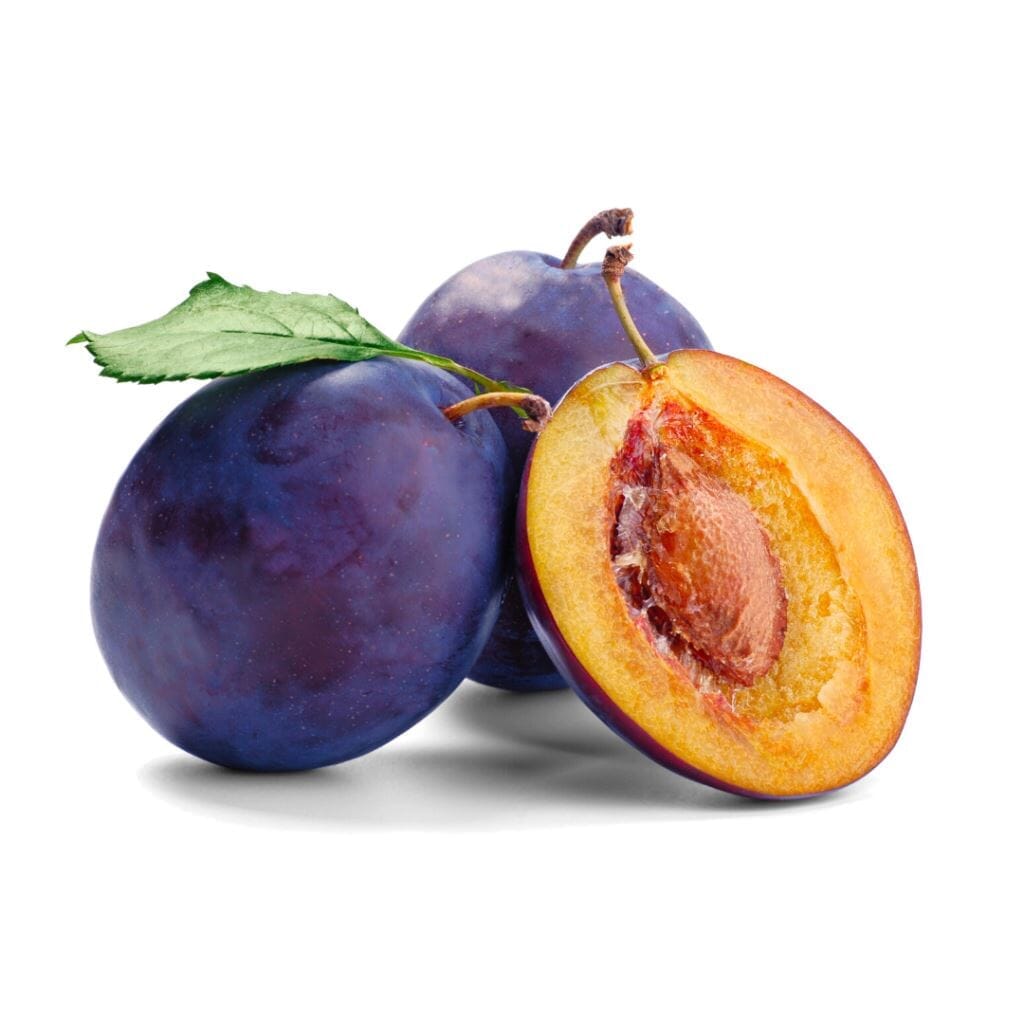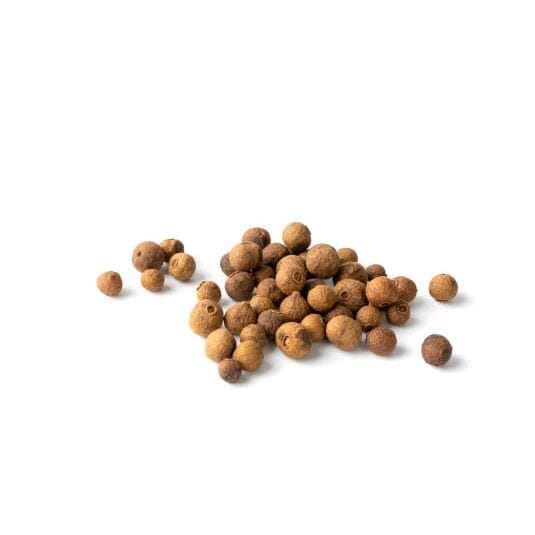Name and etymology of the lemon
The word "lemon" comes from the Arabic word "laymun," which was introduced to Europe during the Middle Ages. Today, lemons are cultivated worldwide, from Italy to California, and their tangy, citrusy scent continues to delight perfume lovers worldwide.
History of the lemon
The history of the lemon dates back to ancient times. Native to Southeast Asia, lemons were introduced to the Mediterranean region around the 1st century AD, and their cultivation quickly spread to Europe, where they were introduced during the time of the Crusades. They gained popularity in the Mediterranean region, where they were widely cultivated and traded.
Lemons have played an important role in various cultures, from the medicinal uses and purification rituals of traditional Ayurvedic medicine to their great value to sailors, who used them to prevent scurvy during long sea voyages. In the 21st century, lemons continue to occupy a prominent place in many products, including high-end perfumes and home fragrances.
Origins of the lemon
Lemons are believed to have originated in China and India, where they were used for medicinal and culinary purposes. They were later introduced to Persia and then to the Mediterranean region by Arab traders. Lemons were cultivated and traded there on a large scale, and Italy became one of the largest lemon producers in Europe.
How to grow lemons
Lemon trees thrive in subtropical and tropical climates. They require well-drained soil, abundant sunlight, and moderate humidity to thrive. Growing lemons requires careful orchard management, regular pruning, and proper irrigation techniques to ensure optimal growth.
Lemon-producing regions
The Mediterranean, a citrus paradise, particularly in Italy, Spain, and Greece, produces exquisite lemons. In the United States, California boasts large, juicy lemons, while Florida lemons, with thinner skin, offer a hint of tartness. In the Argentinian province of Tucumán, bright yellow lemons with a hint of bitterness adorn cosmetics and skin care products. The largest lemon producer in France is the Menton region, located on the French Riviera. Menton is famous for its exceptional lemons and for the Lemon Festival, which showcases the region's abundant citrus harvest.
Lemon cultivation
Growing lemon trees requires specific soil conditions, abundant sunlight, and moderate humidity. Lemon trees thrive in subtropical and tropical climates. They are usually grown from seed or propagated through grafting or budding techniques. The trees are planted in rows and must be maintained until they bear fruit, which requires regular care and attention.
The development of lemon
Lemon oil, known for its high limonene content, is a popular ingredient in perfumes, providing a fresh and invigorating top note.
Lemon development is a fascinating journey, from blossom to ripe fruit, requiring regular watering, fertilization, and pruning. Careful orchard management, regular pruning, and proper irrigation techniques are essential to ensure optimal lemon tree growth and good fruit production.
The lemon harvest
Lemons are generally harvested when they reach peak ripeness. This stage is characterized by a bright yellow color and good juice content. Careful hand picking or the use of specialized tools allows the lemons to be harvested without damaging them. Timely harvesting is essential to preserve the freshness and aroma of the fruit. They are then sorted and prepared for further processing.
Lemon processing and transformation
Once harvested, lemons undergo various processing methods to extract their valuable components for perfumery and other industries. The most common processes include cold pressing the lemon peel to obtain its essential oil. The oil extracted from lemon peel contains a high concentration of limonene, a compound that gives it its characteristic fragrance. These processes capture the distinct scent and essence of lemons, which are then used in the creation of perfumes.
Lemon olfactory profile
Lemon is a citrus fruit known for its tangy, acidic, and refreshing scent. It exudes a tangy, zesty, and slightly sweet aroma, with vibrant notes of juicy lemon zest and pulp. The aromatic profile of the beautiful lemon is characterized by a scent that is both stimulating and energizing. Lemon is a popular ingredient in perfumery, known for its crisp, zesty, citrusy, and invigorating scent. It adds a sparkling and energizing quality to perfumes, making it a favorite among fragrance lovers, especially during the summer season.
Manufacturing steps
Making lemon perfumes requires a series of precise steps to capture the essence of this vibrant citrus fruit. High-quality lemon essential oil is selected, and the perfume composition is formulated by combining lemon with complementary notes. It is essential to blend the ingredients in precise proportions, then allow the fragrance to age and refine.
Dilution ensures the safety and proper diffusion of fragrances, while filtration removes impurities. The fragrances are carefully bottled and packaged, and undergo quality control checks before being labeled and branded. These meticulous steps create lemon fragrances that exude freshness, brightness, and vitality.
The benefits of lemon
Lemon is a versatile fruit with a myriad of benefits. It strengthens the immune system, aids digestion, detoxifies the body, and promotes skin health. Its invigorating aroma improves mood and concentration. Lemon's natural cleansing properties make it useful for household chores. Incorporating lemon into daily life can have many positive effects on health and well-being.
Use of lemon
Lemon has a wide range of uses due to its versatile nature. It is used in perfumery and home fragrances for its refreshing and invigorating scent, adding a bright, citrusy note. Lemon is also used in cosmetics for its refreshing scent and skin benefits. In cooking, lemon adds a tangy flavor to dishes, enhances marinades, and brightens salads. It is also a common ingredient in drinks such as lemonade and cocktails. Its natural antibacterial properties make it a popular ingredient in cleaning products. Additionally, lemon is valued in aromatherapy for its invigorating and stimulating properties.
Olfactory accords with lemon
Whether you're looking for a refreshing burst of energy or a subtle, sophisticated scent, lemon-based fragrances are sure to delight your senses.
In perfumery, lemon is used in various olfactory families, from citrus to fresh, floral, and woody. Lemon is used only as a top note, providing a burst of freshness and energy. It blends well with other citrus notes, such as bergamot and grapefruit, as well as floral and woody notes. Lemon is also used in colognes, aquatic, and fruity perfumes, to which it gives a fresh and clean scent.
Famous lemon flavors
In the world of perfumery, lemon scents are highly valued for their freshness and invigorating qualities. Here are some famous lemon fragrances:
• Giorgio Armani Acqua di Gioia Eau de Parfum - This is an exquisite lemon fragrance that embodies freshness and sophistication. Its harmonious blend of invigorating citrus notes, enhanced by aquatic accords, creates a refreshing and revitalizing experience.
• Chanel Cristalle Eau Verte Eau de Toilette Concentrée Spray - Chanel Cristalle Eau Verte Eau de Toilette Concentrée Spray is known for its crisp and refreshing character, making it an ideal choice for those who appreciate a sophisticated and invigorating fragrance.
• Dolce & Gabbana Light Blue is a top choice among the best lemon fragrances. It offers a vibrant and captivating composition with its refreshing citrus notes, including lemon and green apple.
• Replica Under the Lemon Trees Eau de Toilette is a captivating fragrance that transports you to a serene lemon grove. It captures the essence of fresh lemon trees with its crisp and juicy citrus notes, creating a bright and uplifting aura.
• Eau de Citron Noir by Hermès is a refreshing fragrance that skillfully blends zesty black lemon top notes with a vibrant heart of floral and spicy nuances. The deep woody notes that emerge in the base add a warm and sophisticated dimension to this unique fragrance creation.
• Jo Malone Aqua Lemon is a fragrance for men and women launched in 2022.
• Atelier Cologne Lemon Verbena & Mandarin Eau de Cologne is a fragrance that highlights the freshness and liveliness of lemon in its composition. This unisex scent combines sparkling citrus notes such as lemon and mandarin, with herbal nuances of lemon verbena.
• Eau de Rochas for women is a fresh and invigorating eau de parfum that features citrus top notes, including lemon, which manifest in the heart of the fragrance. The floral and sandalwood heart notes bring softness and woodiness while the lemon notes bring a lively and luminous feel to the fragrance.
Bon Parfumeur Lemon Perfumes
BON PARFUMEUR has created a range of lemon-based fragrances that are both elegant and sophisticated. Here are the best lemon fragrances from Bon Parfumeur, not to be missed.
• Eau de Parfum 003 is a fresh and invigorating fragrance that combines notes of citrus, herbs, and woods. Top notes of bergamot, lemon, grapefruit, and cardamom provide a zesty and vibrant opening.
• Eau de Parfum 002 blends lemon, juniper and lavender to create a unique and sophisticated fragrance. This fragrance is perfect for those who want a scent that is both subtle and sophisticated.
In short, lemon is a remarkable fruit that has left an indelible mark on various aspects of human life. With its multiple uses and positive impact on overall well-being, lemon continues to be celebrated as a precious fruit that enhances both our senses and our health. Harnessing the power of lemon can truly bring an invigorating and rejuvenating experience to our lives. So why not discover the timeless power of this beloved fragrance?
















